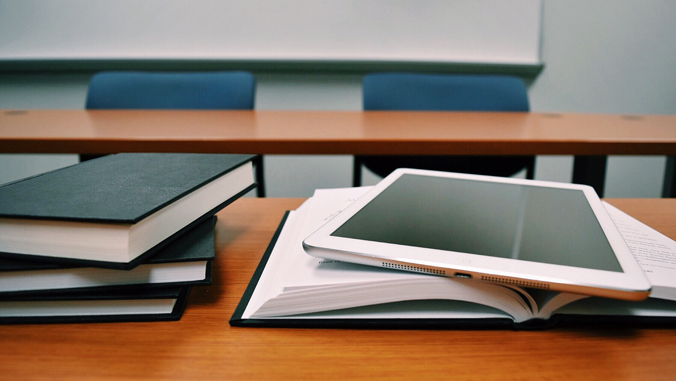Gov. David Ige announced July 13, that Hawaiʻi is extending the mandatory 14-day quarantine for out-of-state travelers through August. Ige said that the move is in response to the rising number of COVID-19 cases in the U.S., particularly in western states like California, and the decrease in available testing supplies.
Ige also announced that there will be exemptions for out-of-state college students registered to attend school in Hawaiʻi in the fall, a program developed by Hawaii Pacific University, Chaminade University, and the University of Hawaiʻi, in preparation for their upcoming fall semesters.
The University of Hawaiʻi fall semester is scheduled to begin, Monday, August 24. The exemptions are still being finalized and will be announced later this week. The exemption only covers students, and not family members, and is only permitted on Oʻahu and Kauaʻi. At this time, no exemption will be available in the counties of Maui and Hawaiʻi Island.
The exemption for out-of-state students adopts elements of the state pre-travel program that was scheduled to go into effect on August 1, until the extension was announced. That includes the requirement of proof of a negative COVID-19 test, performed by a State-approved COVID-19 test taken within 72 hours of departure. The new exemptions will go further and are based around the concept of “university bubbles.”
“The notion is that a student, with a negative test result, instead of being in a full lockdown quarantine for 14 days, would be in what we are referring to as a modified bubble quarantine,” said UH President David Lassner at the governor’s announcement. “With that negative test, they would be allowed to attend university activities only. Other than that, they would remain in their place of residence for the 14-day period.”
Lassner said the modified bubble quarantines have additional requirements.
“A key aspect of the program is that we will be required to do daily health checks of each and every one of our students participating in the program,” he said.
The exemptions will also include guidelines for students who are unable to get tested before they arrive; these students will need to be tested within a couple of days after they arrive. Again, the students would be required to quarantine for 14 days or they can transition to a modified bubble quarantine once they receive a negative test result. Lassner thanked Ige, the Department of Health, the State Attorney General’s Office and the county mayors for their support and assistance.
“We literally bring thousands of students to Hawaiʻi to participate in higher education. We have a much closer relationship than with typical visitors to Hawaiʻi who arrive and pretty much go off on their own,” added Lassner. “All of the Hawaiʻi colleges and universities are committed to offering the best possible educational experience for our students, while protecting the health and safety of all students, faculty, and other employees.”


